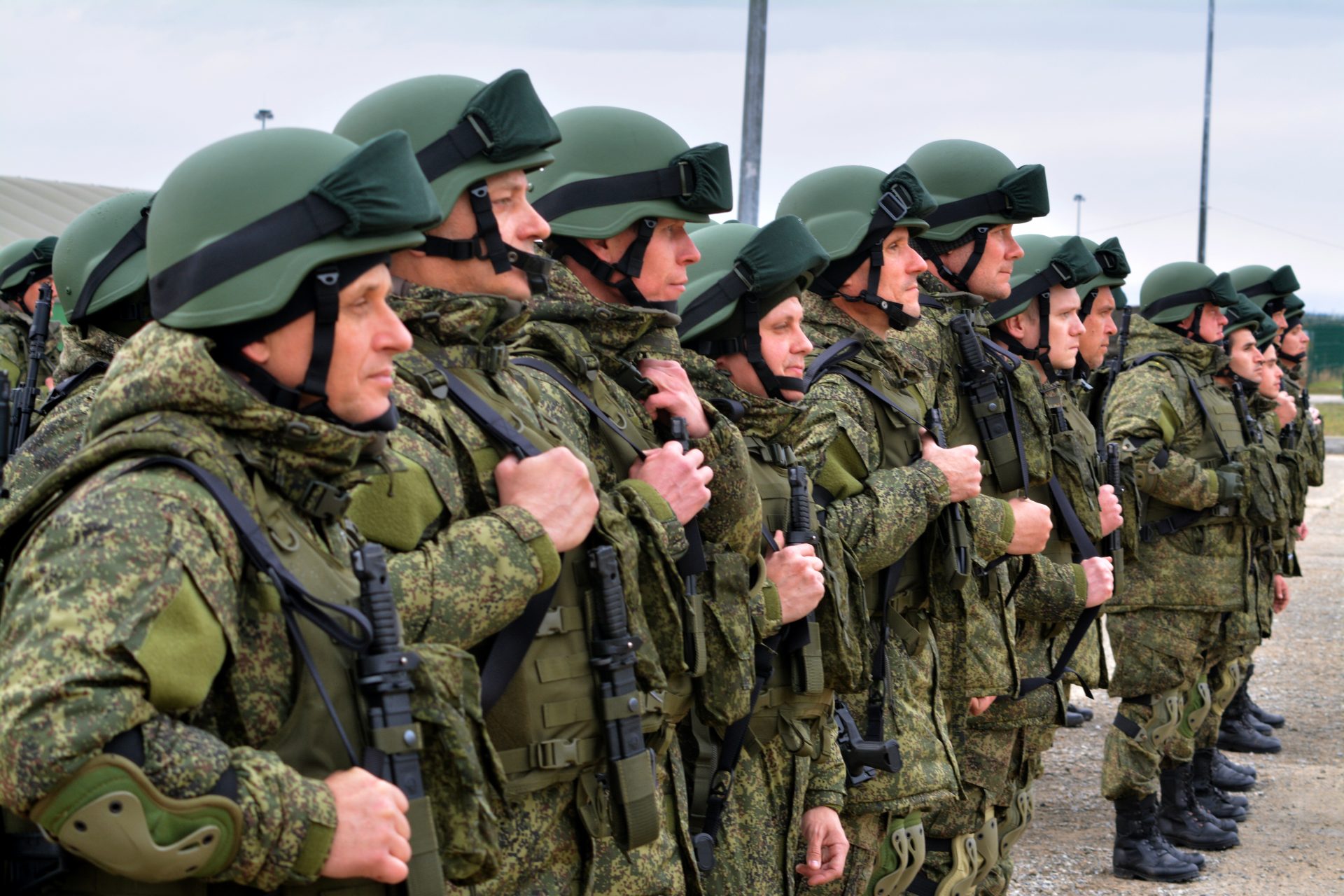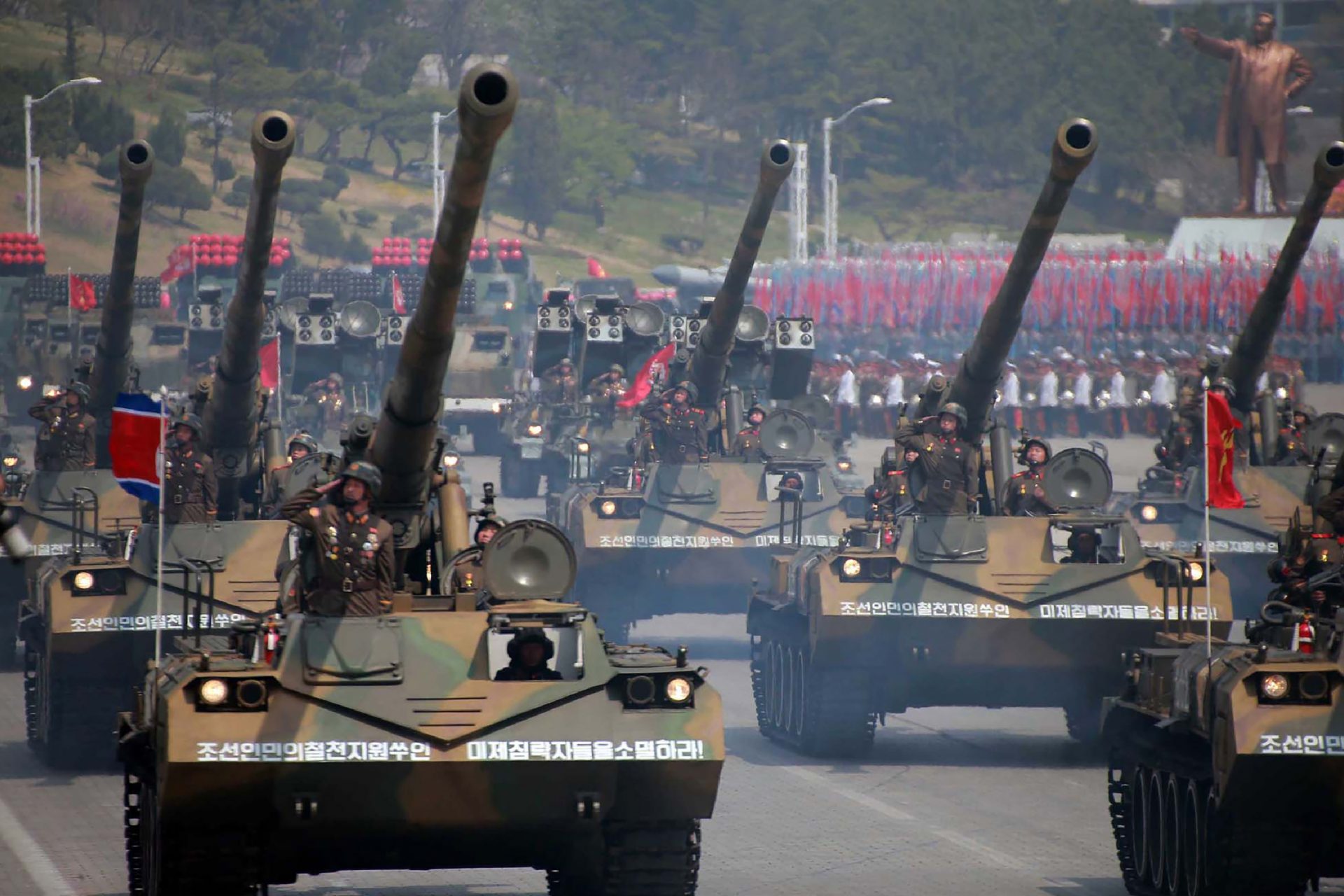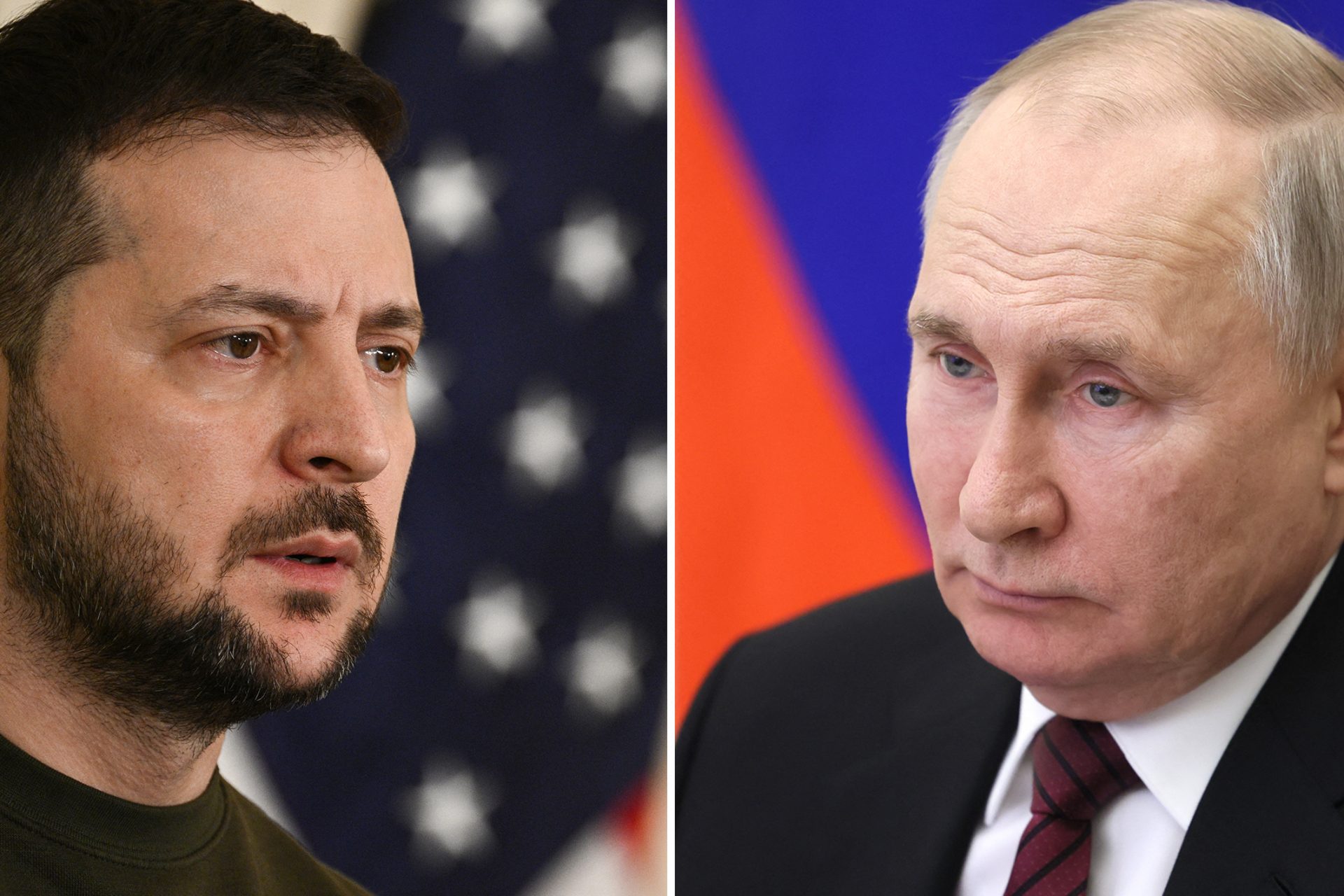Russia's tech sector is in crisis
In addition to the financial sanctions imposed on Russia by the United States, the United Kingdom and the European Union, since the invasion of Ukraine, the Kremlin has been suffering from a strong crisis in the technology sector.
Since the beginning of the conflict, Russia has lost a significant part of its IT (information technology) specialists. They have left the country to work elsewhere.
Some even gave up their Russian nationality to ensure that their businesses continued to prosper. This was the case for Yuri Milner (pictured), the billionaire technology investor technology, and Oleg Tinkov, founder of Tinkoff, the online bank.
The MIT Technology Review magazine cited data released by the Russian government revealing that approximately 100,000 IT workers left Russia in 2022.
This number is frightening, since it represents about 10% of the sector's specialized workforce.
Many workers with high management positions also gave up pursuing a career in Russia. This is the case of Vladimir Belugin, commercial director for small and medium-sized companies at Yandex, the Russian Google.
According to MIT Technology Review, Vladimir Belugin left his country just seven days after the start of the war, as he knew that everything would change from then on, both for him and for his company.
In addition to the exodus of workers and financial sanctions, more than 1,000 companies have reduced or stopped operations in Russia, including major technology companies.
Dell, for example, announced in August 2022 that it would stop carrying out its activities in Russia, closing offices and suspending sales in the country, according to Olhar Digital.
Other big companies in the technology sector that have left the Russian Federation are Nokia and Ericsson. According to Reuters, a Nokia spokesperson said: "We will maintain a formal presence in the country until the legal closure of the company is completed."
In parallel, the giant Meta, owner of Facebook and Instagram, has made it difficult to access Russian state media pages, in addition to sending a warning to users who try to share such links.
Google has already banned ads from Russian state media, while YouTube, a subsidiary of Google, has banned Russian media from monetizing through the platform, according to CNN.
The result of all this is the isolation of the country, which is left out of the global technological scene, as well as closed to possible foreign funding and scientific exchanges.
Yandex, one of Russia's biggest tech successes, is a multinational that specializes in Internet-related services and operates the country's largest online search engine. The company was sold to VKontakte, the Russian version of Facebook, which is state-owned.
This means that the war spurred even greater state control, imposing on the population access to a national internet, fully controlled by the state.
But why is the chaos wrought at Yandex having such a huge impact on the Russian tech sector?
Yandex operated worldwide and even had a part of the company registered in the Netherlands, competing with the big ones in the US and considered one of the best in the world.
To give you an idea, in Russia, Yandex had more market in the search sector than Google and dominated much of the digital market, including news, highlighted the MIT publication.
When, in February 2022, Russia invaded Ukraine, some Yandex employees left the country on the same day.
In total, 70% of the information that circulated on the pages of Yandex, in the weeks following the invasion, came from state media and said that Russia was "denazifying" the neighboring country.
The consequences were dire. Yandex shares ceased to be listed on the Nasdaq exchange, after Tigran Khudaverdyan (pictured), executive director and CEO of the company, was sanctioned by the EU, leaving his position.
Also according to MIT, the company will be divided. The Russian part will control the main activities and businesses, led by Alexei Kudrin (photo), former finance minister, economist and friend of Putin, and the other part will be headquartered in the Netherlands, its former headquarters.
Undoubtedly, the direction of the technology sector has changed radically since the war began, but Russia seems to resist both the loss of manpower and economic sanctions.
Maxim Mironov, professor of finance at the IE Business School in Madrid, told Deutsche Welle in September 2022: "Even if the Russian economy performs worse than it did six months ago, this is not enough to stop Putin from financing the war".
As Rolf J. Langhammer, a trade expert and former vice-president of the Kiel-based Institute for the World Economy (IfW), told DW, "The International Monetary Fund (IMF) wrote in 2021 that Russia had accumulated money since the 2014 conflict in eastern Ukraine and the annexation of Crimea and was prepared for a war of attrition".
Alexander Mihailov, associate professor of economics at Reading University in the UK, explains: "In the West, you have 10% inflation, and people are really scared and demand that politicians do something. Russian society doesn't work that way. So Putin has more leeway to get the standard of living down by 20% to 30% without the risk of major resistance."
A Gartner report, published in late 2021, before the war started, said that the shortage of skilled digital workers could increase by 50% by 2025, according to MIT.
As it tries to pull together to secure its future prominence, Russia is also trying to lure back both young and experienced tech talent. The question is will it work and if it can be done in time.
More for you
Top Stories








































